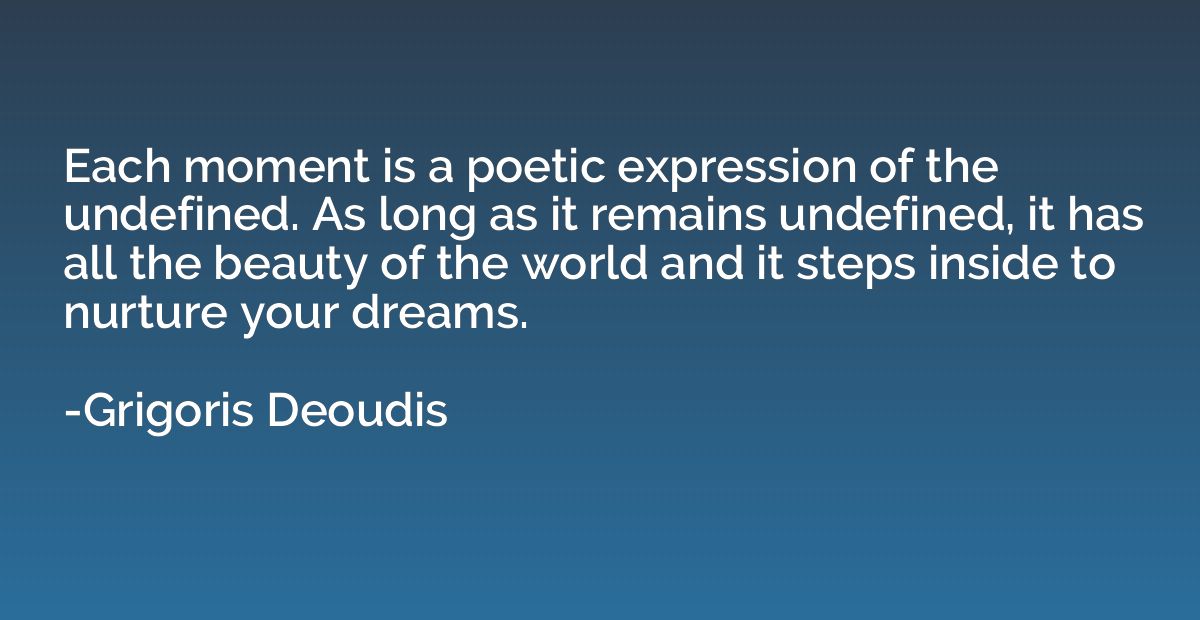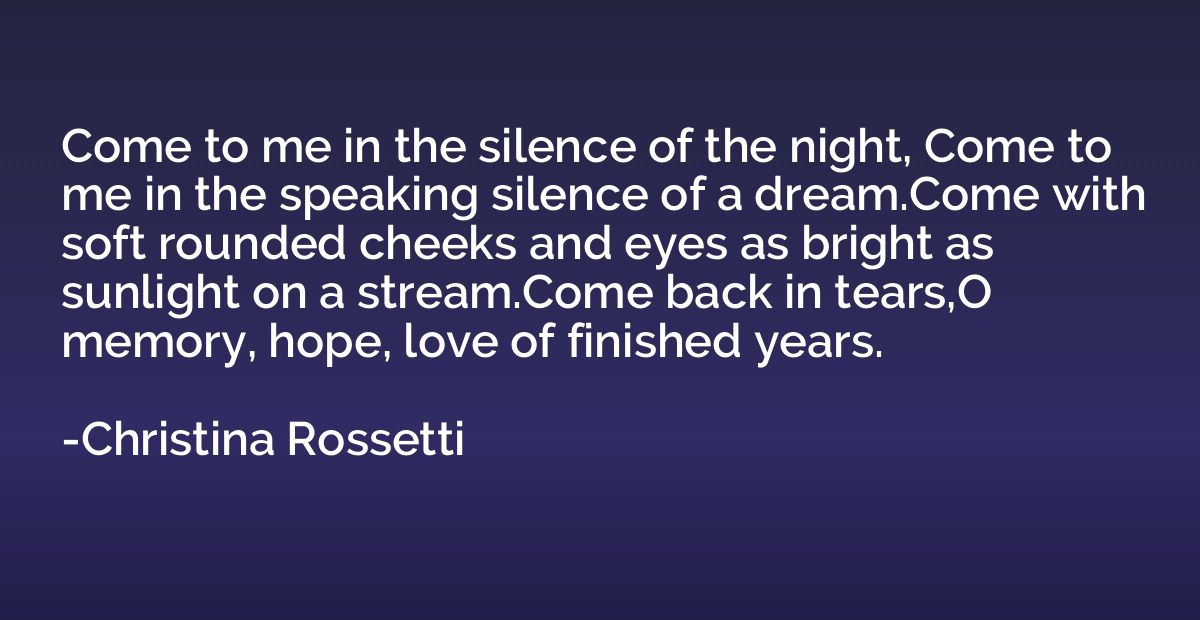Summary
This quote, famously taken from Shakespeare's play Romeo and Juliet, implies that saying goodbye can be both bittersweet and sorrowful. It expresses the conflicting emotions experienced when separating from someone or something cherished. Despite the sadness, there can also be a sense of sweetness in the farewell, perhaps due to the love and deep connection shared. It captures the complex essence of parting, highlighting the mixture of joy and sadness that comes with bidding farewell to someone or something that holds great significance in our lives.















